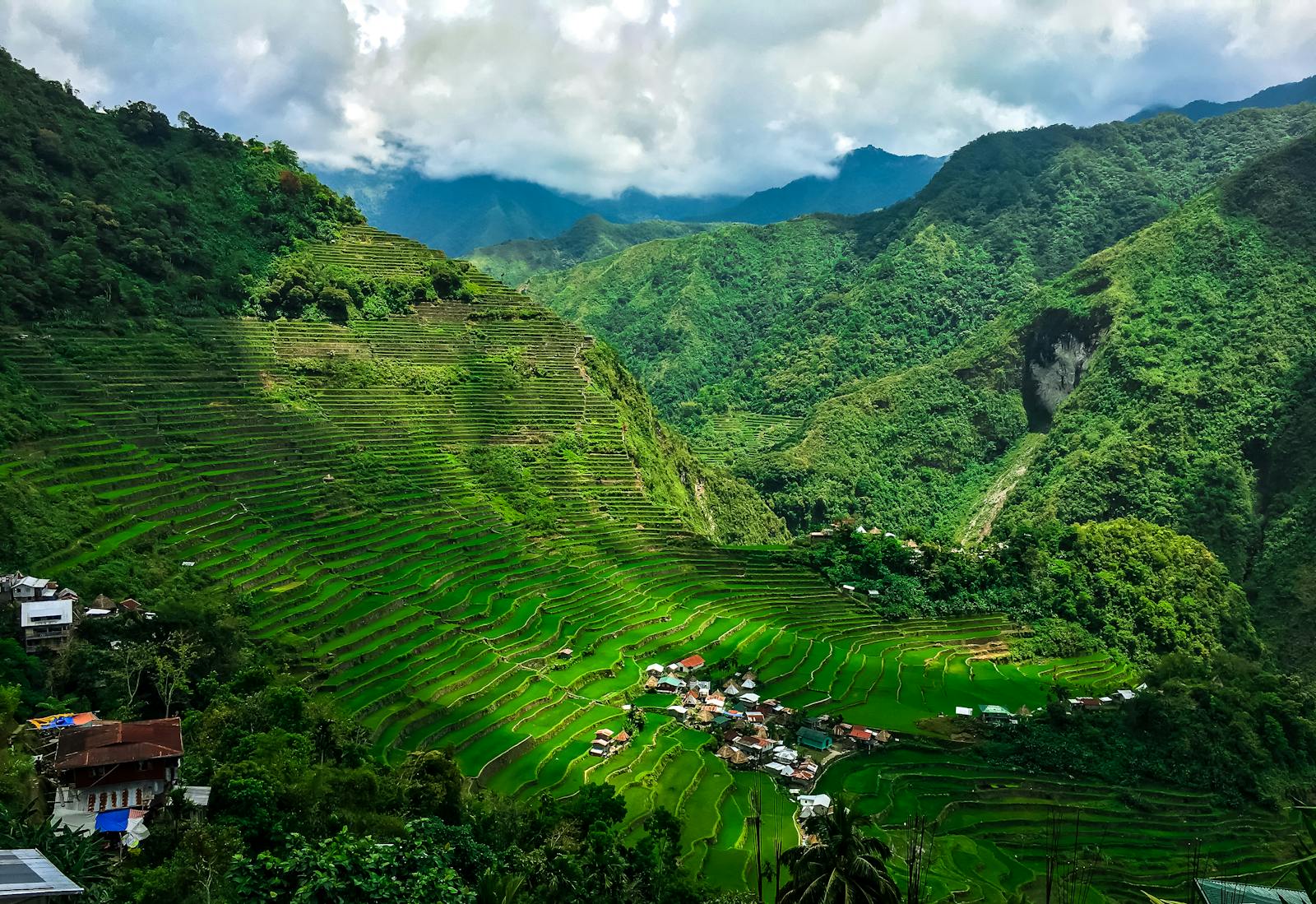The Department of Agriculture (DA) increases its budget for the National Urban and Peri-Urban Agriculture Program (NUPAP) to nearly P500 million, aiming to strengthen urban farming partnerships and achieve food self-sufficiency.
The Department of Agriculture (DA) in the Philippines is taking significant steps to bolster its urban agriculture program as part of its efforts to achieve food security in the country. The National Urban and Peri-Urban Agriculture Program (NUPAP) is set to receive a higher budget next year, with the DA aiming to increase it from P376 million this year to almost P500 million. This budget increase will be utilized to enhance production support, provide seeds, equipment, and facilities, as well as offer training and information dissemination across all regions in the country.
Gerald Glenn Panganiban, the program director of NUPAP, highlighted the importance of securing budget support for the program, emphasizing the significance of partnerships with the private sector to ensure its sustainability. The program has been running without a budget for the past two years, relying on contributions from the Agricultural Training Institute (ATI) and a limited budget from the Bureau of Plant Industry (BPI).
To address the challenge and establish sustainable practices, the DA is actively seeking collaboration with private sector entities. One such partnership was recently launched with Nestlé Philippines, with the MAGGI Sarap Sustansya Advocacy at its core. The partnership aims to promote urban agriculture in Filipino communities, improving access to plant-based food and enhancing food self-sufficiency.
As part of the three-year partnership, the DA and Nestlé established the MAGGI Sarap Sustansya Garden at the BPI center of excellence in Los Baños. The garden serves as a demo farm and learning facility to share best practices in vegetable production, providing valuable insights to entrepreneurial individuals and communities interested in growing and selling produce. The success of this initiative will be replicated in other satellite offices of the DA-BPI nationwide, extending the benefits to more regions.
The collaboration between BPI and MAGGI includes skill-building activities to demonstrate sustainable ways of growing vegetables in limited spaces, empowering communities to access safe and nutritious food. Expert agriculturists from BPI will provide science-based methods of vegetable crop production, while the MAGGI culinary team will guide participants on how to use their harvest in making Sarap Sustansya dishes, adhering to the Pinggang Pinoy food plate model.
Furthermore, MAGGI will produce and distribute learning materials on vegetable production and affordable plant-based recipes, along with starter kits containing essential planting items, compost, and various vegetable seeds produced by BPI. This comprehensive approach aims to create a farm-to-fork movement among Filipino families and communities, contributing to the overall health and well-being of the nation.
Joey Uy, the head of corporate affairs at Nestlé Philippines, expressed the company's commitment to building communities and supporting the DA's initiatives. He emphasized that ensuring food security is crucial for the health and prosperity of the nation.
The increase in the NUPAP budget and the strategic partnerships forged by the DA mark a significant stride towards achieving sustainable urban agriculture and strengthening food security in the Philippines. By empowering communities and promoting plant-based nutrition, the program takes a major step towards building a more resilient and food-secure future for the nation.

